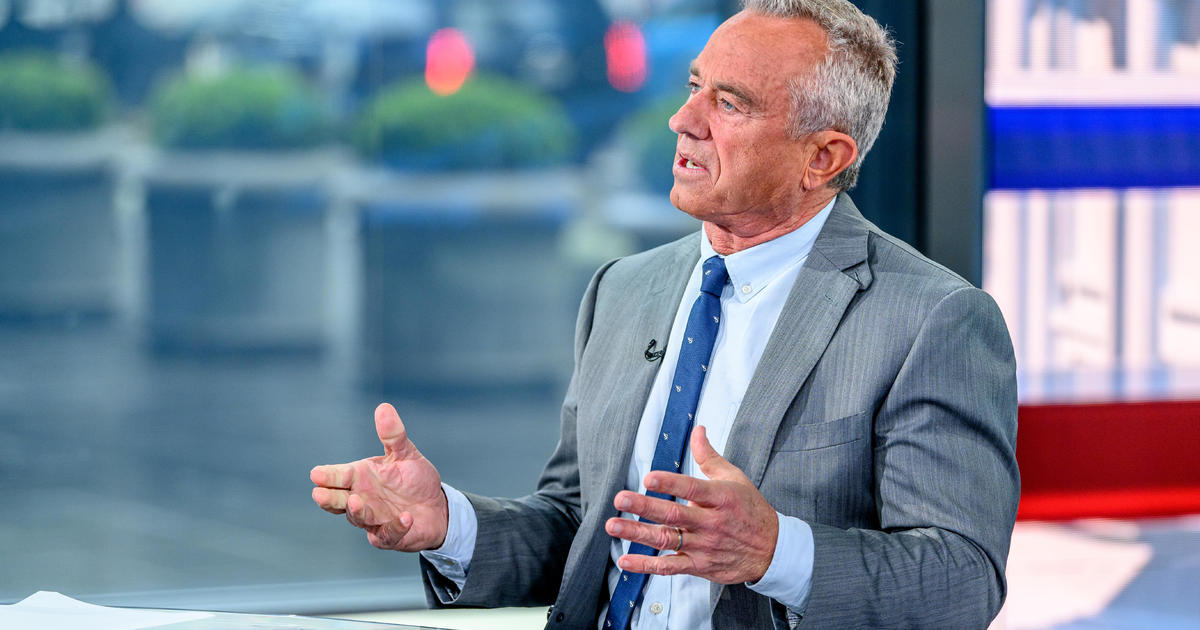The impact of third-party candidates on the 2024 presidential race is a topic of discussion as independent presidential candidate Robert F. Kennedy Jr.’s campaign disowned language used in a fundraising email that referred to those facing charges in the January 6, 2021 Capitol riot as “activists” who have been “stripped of their Constitutional liberties.” The email urged supporters to sign a petition calling for the release of WikiLeaks founder Julian Assange, who is facing extradition to the U.S. The email compared those jailed for their actions during the Capitol riot to Assange and Edward Snowden, a former National Security Agency contractor. Kennedy’s campaign stated that the language used in the email was an error that does not reflect Mr. Kennedy’s views and was inserted by a new marketing contractor.
The language used in the fundraising email, referring to the defendants as “activists,” mirrors former President Donald Trump’s messaging. Trump, who is the presumptive Republican nominee for the 2024 election, has repeatedly defended the Jan. 6 rioters and called them “hostages.” He has also vowed to free them if reelected. Kennedy, on the other hand, has stated that he would consider pardoning those convicted in connection to the riot if prosecutorial malfeasance is demonstrated. This differing stance on the Capitol rioters between Trump and Kennedy could impact the 2024 race, especially if Kennedy gains traction as a third-party candidate.
The comparison made in the fundraising email between the Capitol rioters and Assange and Snowden highlights the complexities and controversies surrounding issues of free speech, government transparency, and national security. The email’s call for the release of Assange and its reference to those jailed for their actions during the riot as being “stripped of their Constitutional liberties” raises questions about the intersection of civil liberties, law enforcement, and political activism. These issues could become central to the discussions and debates in the 2024 presidential race, especially if third-party candidates like Kennedy continue to raise them as part of their platforms.
The termination of the contract with the marketing vendor responsible for the language in the fundraising email reflects the need for political campaigns to carefully vet their messaging and ensure that it aligns with the candidate’s views and values. In a highly polarized political climate, where messaging and rhetoric can have significant consequences, campaigns must take extra care to avoid missteps that could alienate potential supporters or detract from the candidate’s overall message. The incident involving Kennedy’s campaign serves as a reminder of the importance of clear communication and message control in the realm of political campaigns, especially for third-party candidates seeking to make an impact in the 2024 race.
Overall, the discussion surrounding third-party candidates like Robert F. Kennedy Jr. and their potential impact on the 2024 presidential race highlights the complexities and challenges of navigating the political landscape as a candidate outside of the two major parties. As the race continues to unfold, the positions and messaging of third-party candidates will likely play a role in shaping the debates and discussions around key issues facing the country. The incident with Kennedy’s campaign also underscores the need for careful communication strategies and message discipline in order to effectively convey a candidate’s platform and values to voters.









